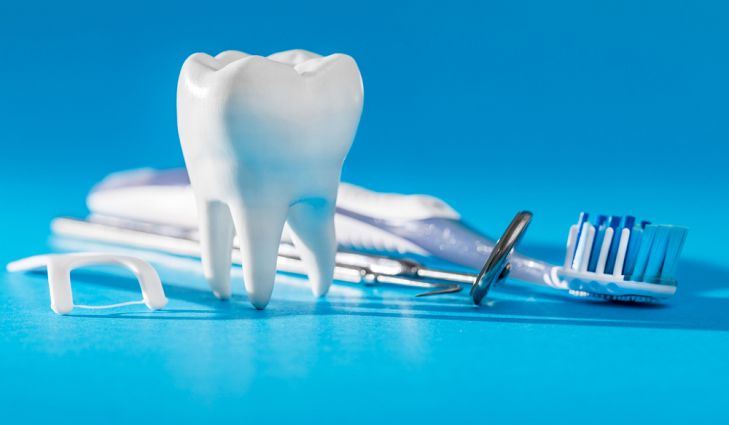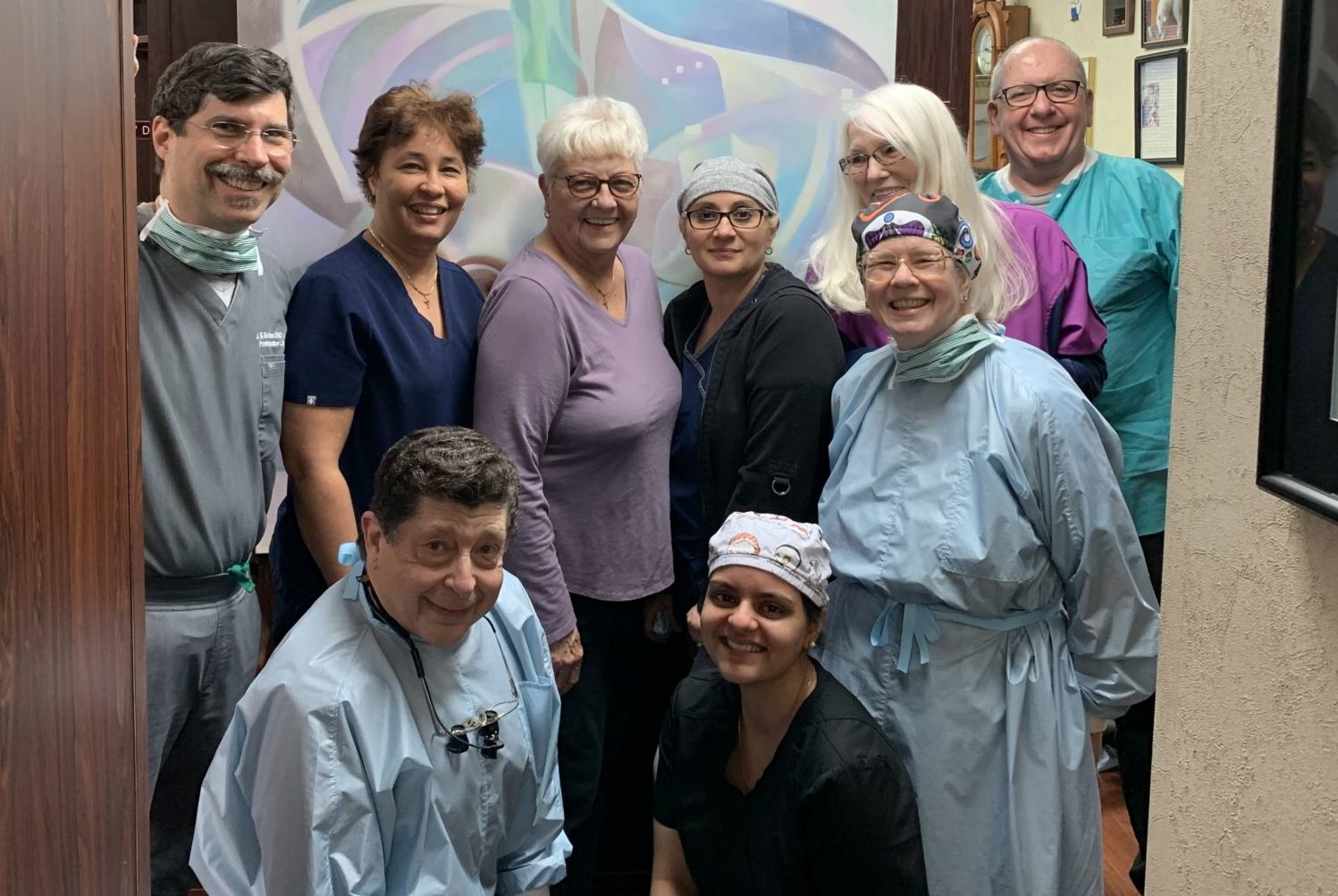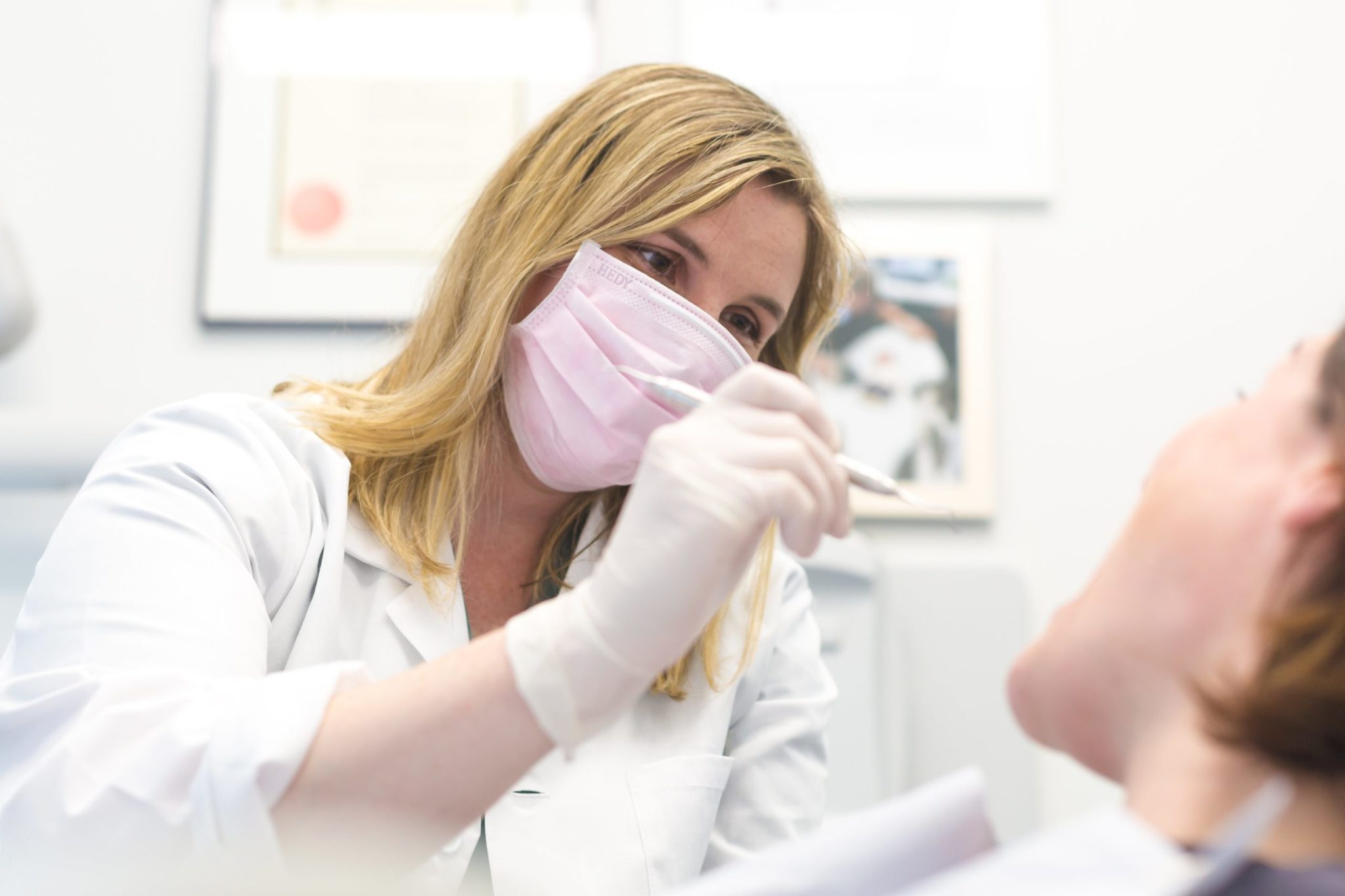Much discussion of the United States healthcare system focuses on the rising cost of health insurance, doctors’ visits, prescriptions, and treatments. However, dental care is virtually absent from public discourse on healthcare. Little attention is given towards the rising cost of dental care and its implications on the U.S. population at large. As the cost of dental care continues to rise, the dental health and overall health of many Americans will suffer.
As a field, dentistry is considered separate from medicine. Dentists go to dental school, not medical school, creating certain implications that shape how Americans think about the human body. Oral health is considered separate from overall health, leading many people to believe that the health of their teeth is unrelated to their physical health. This, however, is far from the truth.
Poor oral health can correlate directly with a range of health problems. Gum infections are associated with an increased risk of cancer and cardiovascular diseases. Bacteria from oral infections can circulate throughout the body, contributing to heart disease and stroke. A recent study shows that pregnant women lacking dental care or and proper oral hygiene can have increased chances of preterm delivery. There are also connections between poor oral health and overall nutrition. Tooth pain or a loss of teeth due to injury, poor hygiene, or other causes can lead to a change in diet, often ones that are unhealthy.
Restoring oral health by stopping tooth decay through the introduction of crowns costs upwards of $1,000. Replacing a lost tooth with an implant costs around $4,500. Both crowns and implants warrant a significant financial investment causing many Americans to forgo them in order to put food on the table.
For many Americans, comprehensive dental care is not included in Medicaid programs. As of January 2018, only 17 states offered comprehensive dental care benefits. Medicaid takes different forms in different states, leaving inconsistencies in the way Americans can maintain good oral health. Similarly, dental coverage under private insurance plans are not comprehensive. Those who can afford a private insurance plan must buy dental coverage separately.
While expanding Medicaid to include dental care is one way to combat the rising cost of dental care, Americans must also acknowledge the importance of good oral health in conjunction with their overall health. The two are not mutually exclusive.
AMOpportunities offers clinical rotations and observerships in dentistry. Check out our opportunities here!
Source: New York Times







I just came across this site and found out this informative and interesting blog. I learn some new things here. Thanks for sharing keep it up.